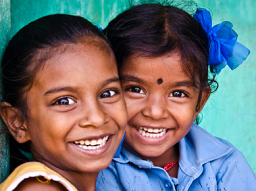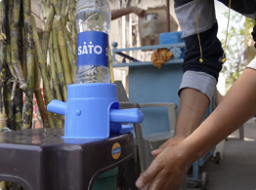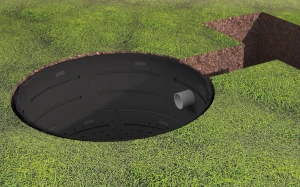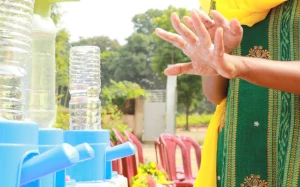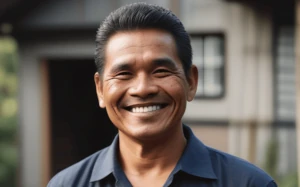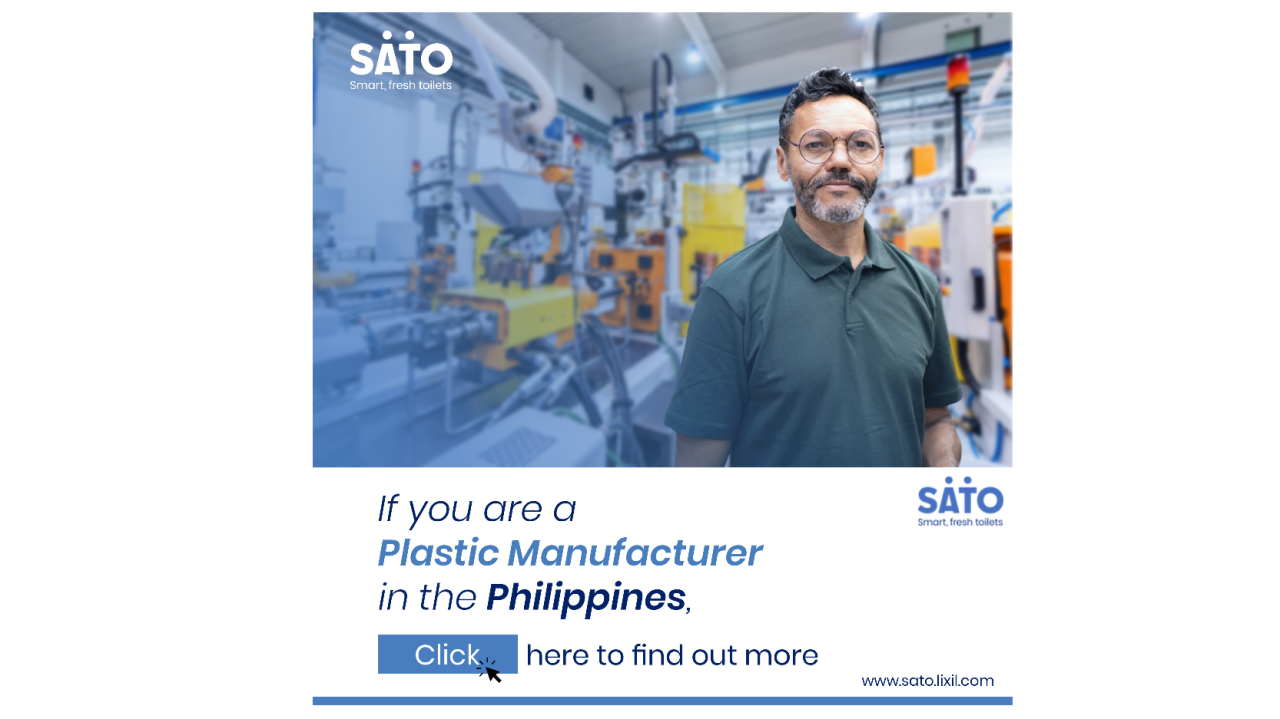
SATO, the award-winning social business that has reached more than 25 million customers in 41 countries, is bringing its innovative and affordable sanitation and hygiene solutions to the Philippines.
In a Q&A session with Suguru Sakata, Leader, Asia, SATO, we dive into the insights that drove the expansion, the need to identify a licensed partner in the Philippines, and further information about the work that SATO does to build local sanitation markets.
1. What has led to the expansion of SATO in Southeast Asia?
SATO has been at the forefront of creating sanitation and hygiene solutions for communities looking for affordable and accessible solutions that are hygienic and safe. After working on the continent in India and Bangladesh, we turned our attention to the Philippines, where more than five million people still defecate in the open according to data from UNICEF & WHO Joint Monitoring Program 2017, which leads to significant health, social and economic impacts.
In these rural areas, households have issues with odours, clogging, and insects, which cause discomfort while using the toilet at home. Meanwhile, residents also face other major challenges that risk their access to sanitation and hygiene, such as water scarcity.
At SATO, we believe that given the choice of safe, affordable, and durable toilet solutions, people will choose to use toilets over defecating in the open. So, we are entering this market to provide access to a better toilet and hygiene experience for local communities.
2. What are the focus countries of this expansion?
Currently, our primary focus is to establish our business in the Philippines. We want to leverage the momentum we have created through sampling and research over the last two years. In the future, we would like to expand into other countries across Southeast Asia to bring our affordable sanitation and hygiene solutions to more people around the world.
3. What is the strategy for the launch?
Before we start commercial operations in any market, SATO launches research-led pilot projects to better understand the needs of local residents. In the Philippines, we have funded donations with local NGOs and collected feedback on the products, helping provide a strong platform for us to launch our solutions in the country.
The next step is for us to connect with the right manufacturer partner. We take a ‘make-sell-use cycle’ approach. This establishes new local supply chains, which create jobs and high-quality products for local people, helping strengthen local economies while improving sanitation and hygiene facilities.
4. What will be the business model in Southeast Asia?
Globally, SATO works under two models: license and distribution. In the license model, the partner manufactures locally and works towards creating a robust retail chain. In the distribution model, the partner imports from other regions/manufacturers and works towards creating a solid sales channel.
In the Philippines, we are taking a license approach and are actively looking for a partner who has experience manufacturing and distributing plastic products to rural areas.
5. Will there be a localised product line?
Based on feedback collected during the pilot phase, we believe that SATO’s existing product range will provide significant benefits to customers in the Philippines.
However, ensuring that we continue to provide the right solutions and innovations is in our DNA – when we identify an opportunity to adapt our solutions to better serve our customers, we do so.
In India, for instance, we developed a connection system—the twin-pit SATO V-trap—with a unique trap door technology. The product can be attached to a toilet pan to remove the junction box and configure the toilet to connect twin pits. This design makes switching between two pits easier, eliminating clogging problems. The innovative SATO V-trap connection system is created to replace the P/S trap system, reducing water consumption while eliminating the bad smells, flies, and insects inside the toilet.
As the brand grows and receives more feedback, both in the Philippines and across Southeast Asia, we will develop solutions to specific needs whenever possible.
6. Can you explain the work you do on the ground?
Providing local employment is a critical part our approach to each market. On the ground, SATO trains masons and plumbers to highly skilled workers that deliver well-executed solutions. This ensures that end-users can use their products comfortably and helps ensure that sanitation and hygiene standards are maintained in the long-term. In the Philippines, we have already started training for masons and plumbers and look forward to collaborating with other local players.
Elsewhere, we work with local and international organisations, NGOs and governments, to provide sanitation solutions that change lives for the better.
7. When can we expect to see the SATO products hit the market? And who will be heading the expansion?
SATO is due to launch in the Philippines in 2023. I will be heading up the expansion and would like to speak to license partners who would like to join forces with us. Please do reach out to me at suguru.sakata@lixil.com
Has this Q&A inspired you to take part in bringing sanitation and hygiene solutions to more communities around the world? Contact us for more information on how we can work together.
